Fish eaters, learn if eating salmon fish for weight loss actually works.– Weight loss is often a goal of many people who are trying to live a healthier life. Incorporating nutrient-rich food into your diet is crucial. Salmon is a versatile, flavorful fish that has become a favorite among people who want to lose weight. Does eating salmon help you lose weight? This article explores the science behind the potential weight loss benefits of salmon to help you make an informed decision about your diet choices.
Please be aware that the guidelines provided by FoodData Central may only be general guidelines. Your individual needs will vary. You should always consult your doctor or registered dietitian for the best diet.
Moody has identified five ways that salmon can aid in weight loss.
This food is low in calories.
Salmon is a great friend to those who are trying to lose weight. Salmon has a high nutrient to calorie ratio compared to other fatty fish. The calorie content of a 100-gram portion of Atlantic salmon is 208, which is a modest amount. Salmon is a low-calorie food, so you can include it in your diet and still achieve your weight loss goal.
This food is high in protein.
Salmon is a great source of protein. Salmon is a great source of protein. Each 100-gram portion contains around 20 grams, which can suppress appetite and curb cravings. This bounty of protein helps you keep your calorie intake under control, and prevents overeating.
It increases metabolism.
Salmon is full of omega-3 fatty acid, which are nature’s own metabolism boosters. These fatty acid act as metabolic enhancers and rev up your body’s machinery for burning calories. This meta-analysis from 2021 revealed that the fatty acids in salmon increase your ability to burn calories, making it a great addition to your diet. Salmon is the secret weapon to burning calories and speeding up metabolism.
It aids your body in burning fat.
Salmon is not only a great source of lean protein, but it also helps to burn fat. Salmon’s omega-3 fatty acid content has been linked to a better fat metabolism. This encourages your body to use its fat reserves as energy. Salmon is the best way to lose stubborn fat.
It contains vitamin B12.
VitaminB12 is an essential nutrient that can be found in abundance in salmon. It plays a crucial role in energy metabolism, fat breakdown, and cellular repair. National Institutes of Health emphasize B12’s contribution to efficient caloric utilization. Wild Atlantic salmon contains 3.2 micrograms vitamin B12 per 100 grams, which is more than the daily recommended value for adults of 2.4 micrograms. Vitamin B12 is abundant in wild Atlantic salmon, giving your body the tools to effectively metabolize fat.
Salmon is a powerful ally for weight loss, providing a multitude of nutritional benefits to help you achieve your goals. Salmon is a great tool to lose weight because of its low-calorie content, high-protein content, metabolism-boosting Omega-3 fatty acids and fat-burning ability. Discover how salmon can transform your weight-loss journey when you embrace it as a culinary partner.
How to Include Salmon in Your Diet
Salmon can be incorporated into your diet in many different ways. Here are some ideas:
- Grill or bake salmon: It’s a simple and healthy way to prepare salmon. You can season the salmon with your favorite spices and herbs.
- Add Salmon to Salads: The addition of salmon to salads is great. Salmon adds healthy fats and protein to salads.
- Prepare salmon burgers. Salmon Burgers are an excellent and healthy alternative to beef hamburgers. You can add your favorite toppings such as lettuce, tomato, avocado and more.
- Serve salmon as the main course. Salmon is a tasty and nutritious dish. Serve it with roasted vegetables, quinoa or both.
Some things to remember
- Don’t eat your salmon with sauces and condiments that are high in calories. Instead, pair it with lots of fruits and veggies for a low-calorie and high-volume meal.
- Wild salmon has a low calorie count, making it a good choice for reducing weight. Some types of salmon contain more calories and fat. Check your labels. For example, Atlantic Salmon has 30 less calories than King Salmon.
- Salmon is a great source of Omega-3 fatty acids which are vital for good health. If you are pregnant, or nursing, talk to your doctor to find out how much salmon you can safely eat.
Salmon fish is not effective for all people who want to lose weight
Salmon is a good source of protein, but it’s not for everyone. Here are a few reasons why.
-
Individual Differences In Metabolism And Body Composition: The weight loss of an individual is affected by many factors including their metabolism, body composition and lifestyle. Salmon can help people lose weight even if they have a slow metabolism or higher body fat percentage.
-
Overall Eating Habits: A salmon-only diet cannot make up for a poor diet. Salmon alone will not lead to weight loss if an individual has a diet high in processed foods and sugary drinks. For a sustainable weight loss strategy, a complete dietary overhaul is required as well as lifestyle changes.
-
Health Conditions Underlying Weight Loss: Certain conditions such as hypothyroidism and polycystic Ovarian Syndrome (PCOS) can impact metabolism, making weight loss difficult. These conditions require that individuals consult with a healthcare professional to determine the best weight loss strategies.
-
Interactions with Medication: Certain medications, like beta-blockers or corticosteroids can affect weight management. If you are taking any of these medications, it is important to discuss with your doctor the possible interactions between salmon and your treatment plan.
-
Food Intolerances or Allergies: Certain individuals may be allergic or intolerant to salmon. Salmon consumption in these situations could cause adverse reactions and pose health risks.
-
Personal Preferences & Habits: Salmon is not for everyone. Salmon is less likely to be consumed regularly by people who find it unappealing. This can have a negative impact on weight loss.
-
Accessibility and Cost: Because salmon can be an expensive fish, it is not accessible to those with limited finances. The affordability and availability of fresh, high-quality salmon can affect its effectiveness as an effective weight loss tool.
-
Concerns about Sustainability: Some salmon fishing practices may have negative impacts on the environment. If a person is concerned with sustainability, they can choose to eat other seafood or switch to a plant-based lifestyle in order for their values and environmental footprints to be aligned.
FAQs
Q1 – What is the Omega-3 content of salmon?
Salmon is a great source of omega-3 fatty acid, such as EPA and DHA. These fatty acid have been linked with a number health benefits including improving heart health, boosting metabolism and reducing inflammation.
Q2 – How often should I consume salmon to lose weight?
The American Heart Association suggests eating two portions of fish per week. Salmon is an excellent choice for weight-loss, so it’s easy to include in your regular fish diet.
Q3 – Is eating salmon fish dangerous?
Salmon is an excellent fish for health. To kill harmful bacteria, you should cook the salmon to a temperature of 145degF. Due to its mercury content, pregnant women are advised to limit their salmon intake to only two servings a week.
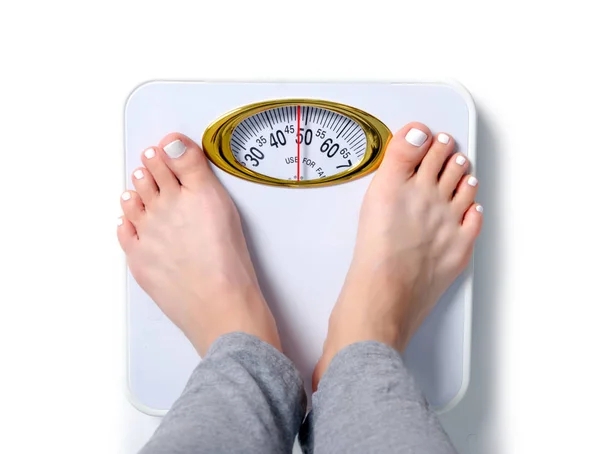
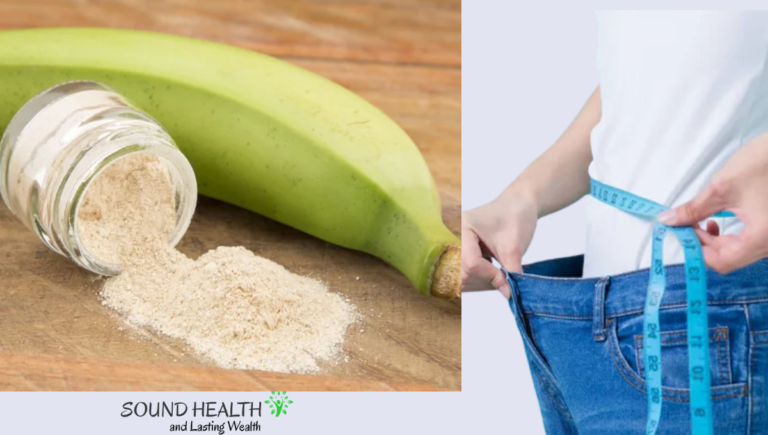
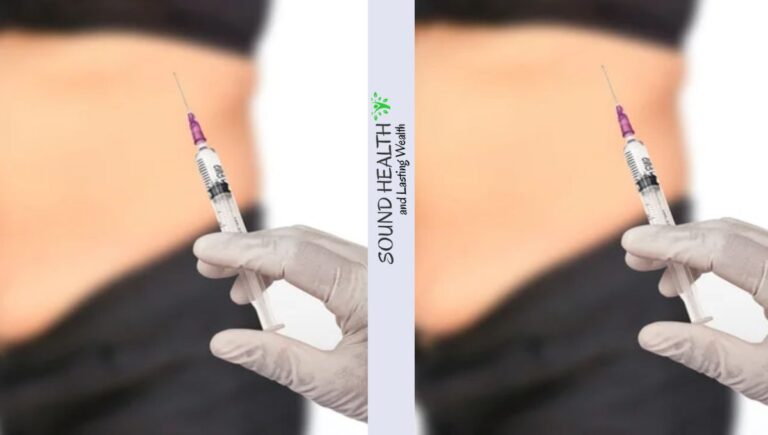
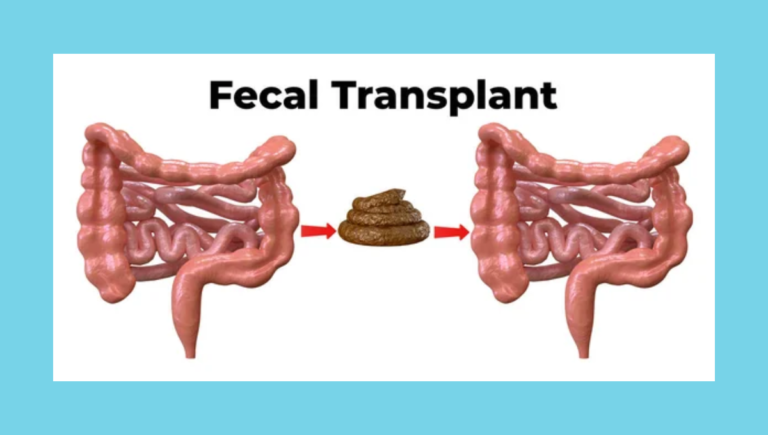
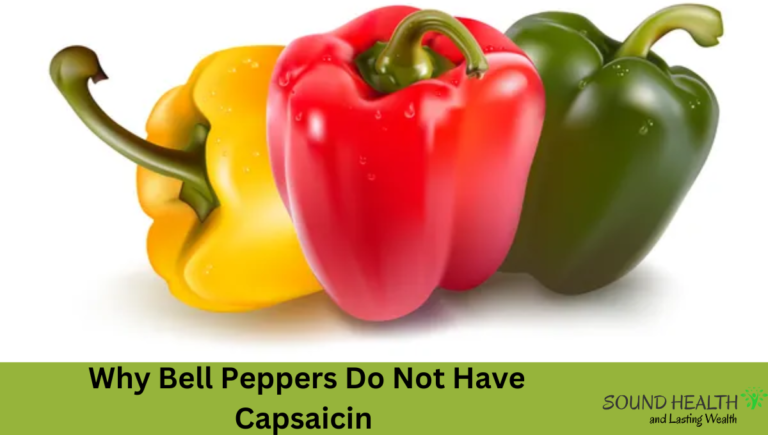

+ There are no comments
Add yours